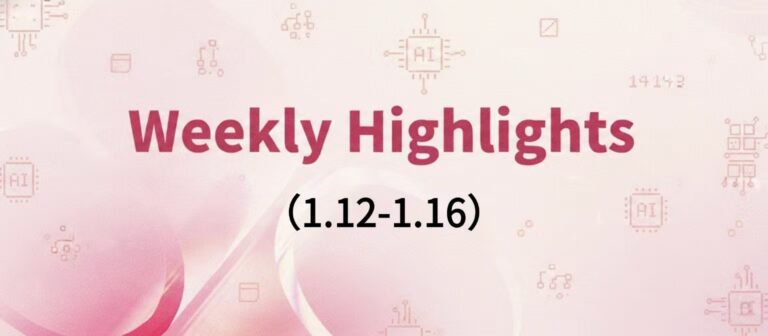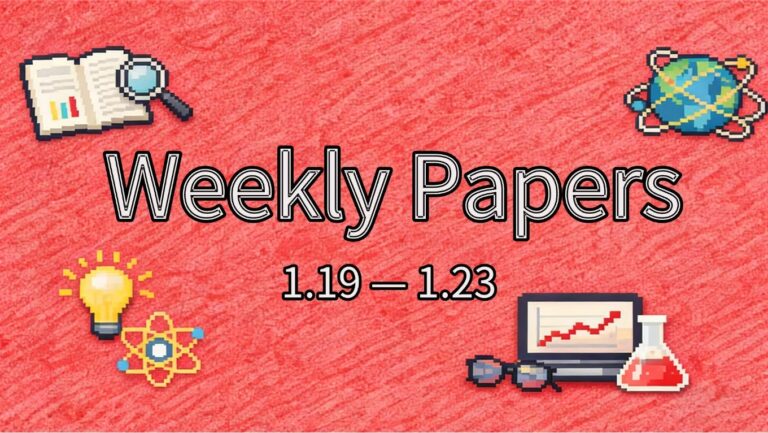Command Palette
Search for a command to run...
How Can a Math Nerd Start to Master AI?

Your poor math skills have hindered your pursuit of AI. I recommend some “math books for adults” that I believe will be helpful to you.
I believe that you who follow me must believe:
The core of AI is not hype, but real benefit.
You also understand that AI will eventually eat up all the jobs in the world.
You understand even more that you have to learn AI. The future world belongs to AI. If you don’t learn, you will have no choice but to retire and return home.
But here comes the problem: you are really bad at math. As a programmer, you can do everything without math, but you open Ian Goodfellow's "Pioneering Deep Learning", a must-read book on AI. You know every word, but you have no idea what he is talking about.
You have to understand a nested hierarchy of logic, terminology, symbols, and ideas that all build upon each other, but you don't have any ideas, so the whole consensus is basically Klingon and there's no way to get started.
Technology blogger Daniel Jeffries once had the same problem. He quickly went from being a poor student to a top student through a few "math books written for adults". Here are some books I recommend for your reference:
The first book he recommended was: Mathematics: A Very Short Introduction by Timothy Gowers.
This book cleverly and accurately breaks down the question of "Why math?" It starts with the world and then rises to philosophy and then hides philosophy behind it - because you don't need to know whether the things you study are real in the world or just on the Platonic level. Timothy made me understand that math is an abstraction layer and life is a series of complex algorithms. Math breaks down specific problems in life into simpler and clearer steps - making an accurate model of particle interactions requires considering countless variables in the real world, such as: magnetic interference, gravity, collisions, initial directions and velocities of particles, and many more variables. In practice, you don't need to make a perfect model, but math can tell you what the model is by breaking down the variables and gathering them together, and that's what's interesting about math. In fact, the numbers are not important, they are just variables. And math is the result of variables and rules. What you actually need to learn is these variables and rules.
As you read this book, you'll want a handy guide to the main mathematical symbols. I recommend Mathematical Notation, by Edward R. Scheinerman. You'll have to see the symbols hundreds of times before you remember what they mean - and you may find that you've forgotten them the second time you open the book. Don't worry, take a deep breath, slow down, and look at the symbols one by one until you start to understand that crazy string of hieroglyphs. Look up each symbol a thousand times, even if you have to! There are no shortcuts.
There are two other great books to build your math foundation. The first is Mathematics for the Nonmathemetician by Morris Kline. The second is No Bullshit Guide to Math and Physics by Ivan Savov.
Each has a different flavor. I prefer the very short introduction because it gets into the subject quickly and still manages to be very relatable. Mathematics for Non-Math is much longer and goes into more detail about the history of math and how the world works. Some people might prefer that style of learning. The No Bullshit Guide to Mathematics and Physics is a quick book that's mostly about the rules: it jumps right into the equations, with no time to tell you why things are the way they are and not the way they are. This will appeal to people without philosophical baggage.
There is also a book called Algebra Unplugged, by Jim Loats and Kenn Amdahl. This book has some typos, but it does not affect the reading. I think this book can speed up our reading and can get you moving in the right direction. It is very good.
After finishing the above, you can start to learn more in-depth content. I recommend Make Your Own Neural Network by Tariq Rashid.
This book also has some typos, but the updates on Github fix most of the bugs. The author of this book seems to know what difficulties you encounter and can provide answers. In short, what is good about it is that you are particularly worried that your enemy has it. This book only answers mathematical problems related to neural networks. It assumes that the reader knows nothing about programming, and then at the end you can write your own neural networks in Python. There are indeed many tools now that can program faster, but you can try to do it yourself first and learn some basic knowledge by the way. After figuring out the basic structure, you can start learning to supplement the branches on the website. In the next issue, we will talk about what these useful websites are. See you there.
There are new awesome people emerging every day, so keep going.
Compiled from: Daniel Jeffries technoon blog: https://hackernoon.com/learning-ai-if-you-suck-at-math-8bdfb4b79037?from=singlemessage


